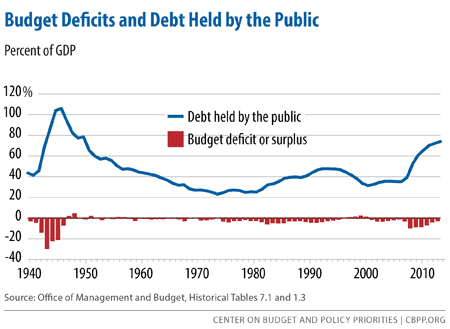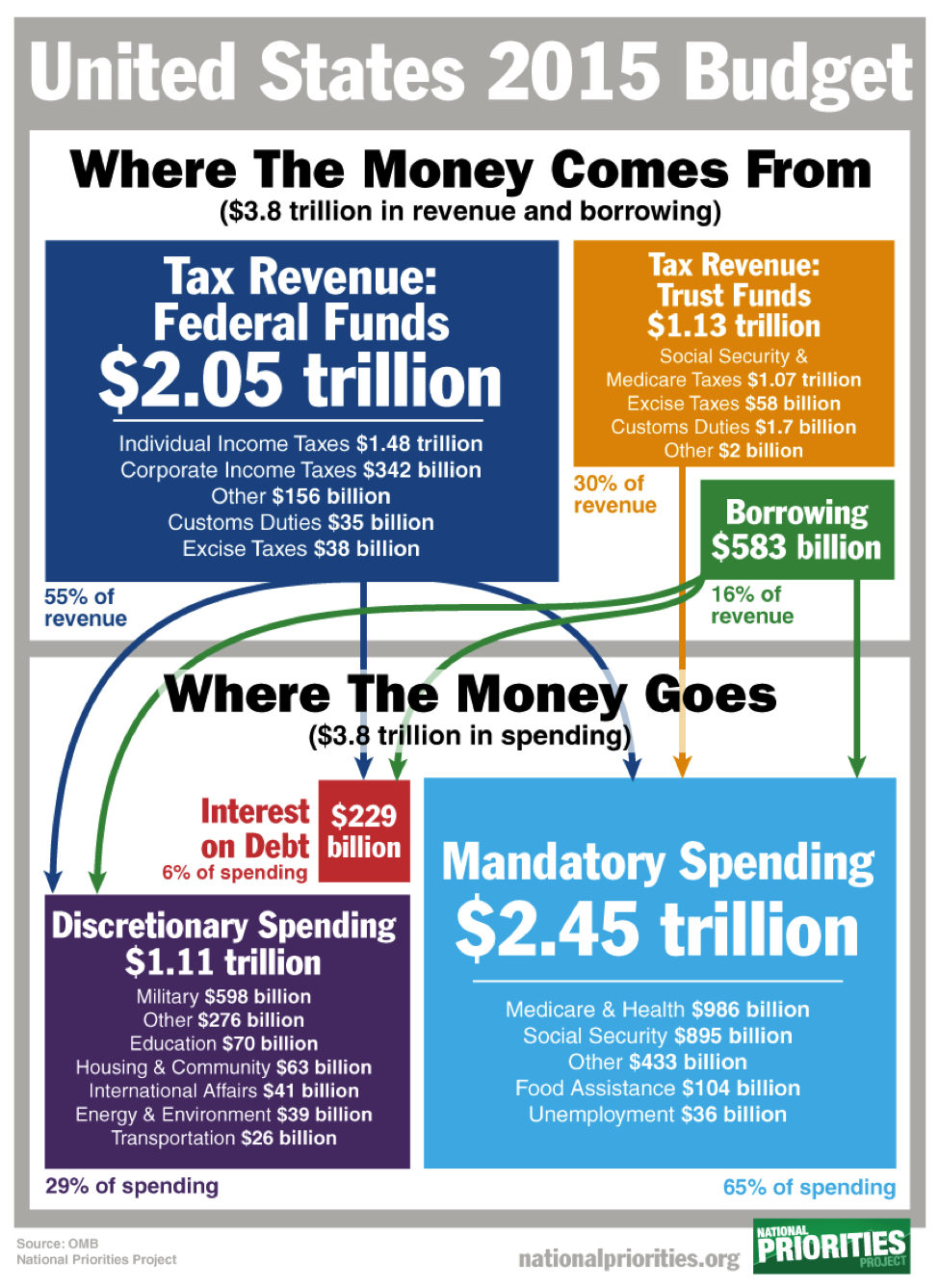Skylar
Diamond Member
- Jul 5, 2014
- 51,016
- 14,750
- 2,180
I think a serious proposal for budget reform would be a spending freeze. Allow inflation to nibble away at the actual funds spent. And give the programs in question ample time to make the adjustments necessary to deal with the roughly 2 to 4% cut in funding each year.



